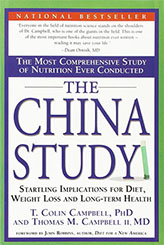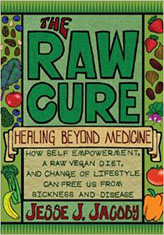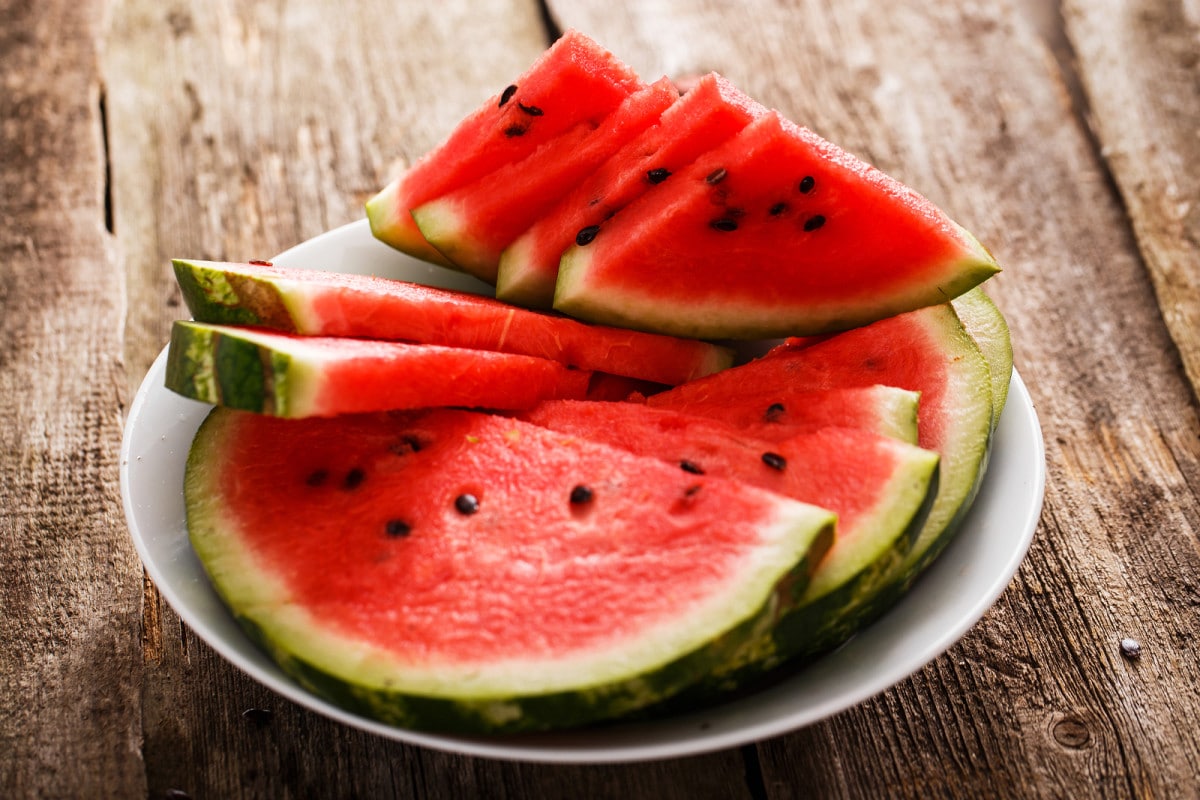
Incredible Benefits of Eating Watermelon.
It is believed that watermelon originated in Africa some several thousand years ago and became a firm favourite, spreading across to Asia and then Europe. Surprisingly, China is now the worlds top supplier of this juicy, refreshing fruit.
It may be interesting to note that it is part of the cucumber family, is 92% water and all of the watermelon is edible, including the rind!
Watermelon has come under greater scrutiny lately, with interest being given to the nutrient quality of the fruit. Watermelon is high in lycopene, which is part of the caroteniod family. This phytonutrient is the pigment which gives the watermelon a rich red colour and is bursting with antioxidants, it has been shown to be effective in supporting cardiovascular health.
The amino acid citrulline is converted by the kidneys into arginine, another amino acid. Research has shown that high levels of arginine can help improve blood flow and improve cardiovascular health.
Preliminary animal studies have shown that arginine may help prevent excess fat accumulation in fat cells. Watch this space for further updates.
It is important to ensure you consume your watermelon when it is ripe, the red flesh will be richer in colour and will offer higher levels of lycopene. This equates to greater health benefits but, don't just eat the red flesh. Research has found a large concentration of antioxidants, flavonoids, lycopene and vitamin c in the pale flesh near the rind and at either end, stem end and the blossom end. Make sure you utilise all of the flesh to maximise your nutritional intake.
Benefits
- Asthma prevention
- Reduced blood pressure
- Antioxidant
- Reduce risk of prostate cancer
- Improves digestion
- Reduces inflammation
- Muscle relaxant
-Improves skin and hair
- Improves erectile dysfunction
What is in watermelon?
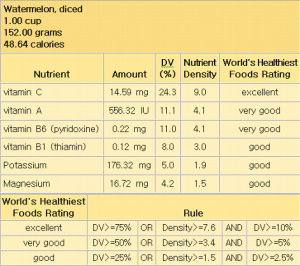
- Asthma prevention
- Reduced blood pressure
- Antioxidant
- Reduce risk of prostate cancer
- Improves digestion
- Reduces inflammation
- Muscle relaxant
-Improves skin and hair
- Improves erectile dysfunction
What is in watermelon?

Lets take a closer look at some of the vitamins and minerals
Vitamin A
- Maintains normal skin function
- Maintains healthy vision
- Promotes a healthy functioning immune system
- Maintains a healthy neurological function
- Reduces inflammation, through fighting free radical damage
Vitamin C
- Supports the immune system
- Increases iron absorption
- Antioxidant
- Helps reduce the risk of heart disease, including coronary heart disease and stroke
- Helps in the formation of collagen, carnitine and catecholamines
Vitamin B6
- Helps protect the immune system
- Maintains a healthy metabolism
- Produces energy from carbohydrates
- Maintains healthy hormone balance
- Promotes healthy cells
- Assists in the absorption of vitamin B12
- Improves neurological function
- Promotes healthy brain development
- Reduces premenstural syptoms
- Prevents artherosclerosis and heart disease
Potassium - mineral
- Supports a healthy nervous system
- Helps maintain normal blood pressure
- Maintains a healthy kidney function
- Regulates fluid balance
- Lowers the risk of cardiovascular disease
- Helps to improve bone and muscle health
- Helps reduce anxiety
Magnesium - mineral
- Helps protein synthesis
- Supports the nervous system
- Improves cellular metabolism
- Regulates heart rhythm
- Reduces the risk of osteoporosis
- Reduces eclamptic seizures
- Helps with muscle relaxation
- Assists with bone and teeth formation
- Regulates the body's use of calcium and other minerals
- Helps maintain structural health of cell membranes
- Reduces the risk of type two diabetes
- Reduces the symptoms of asthma
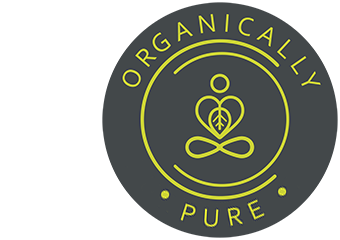

 Articles by subject
Articles by subject Recent Articles
Recent Articles





